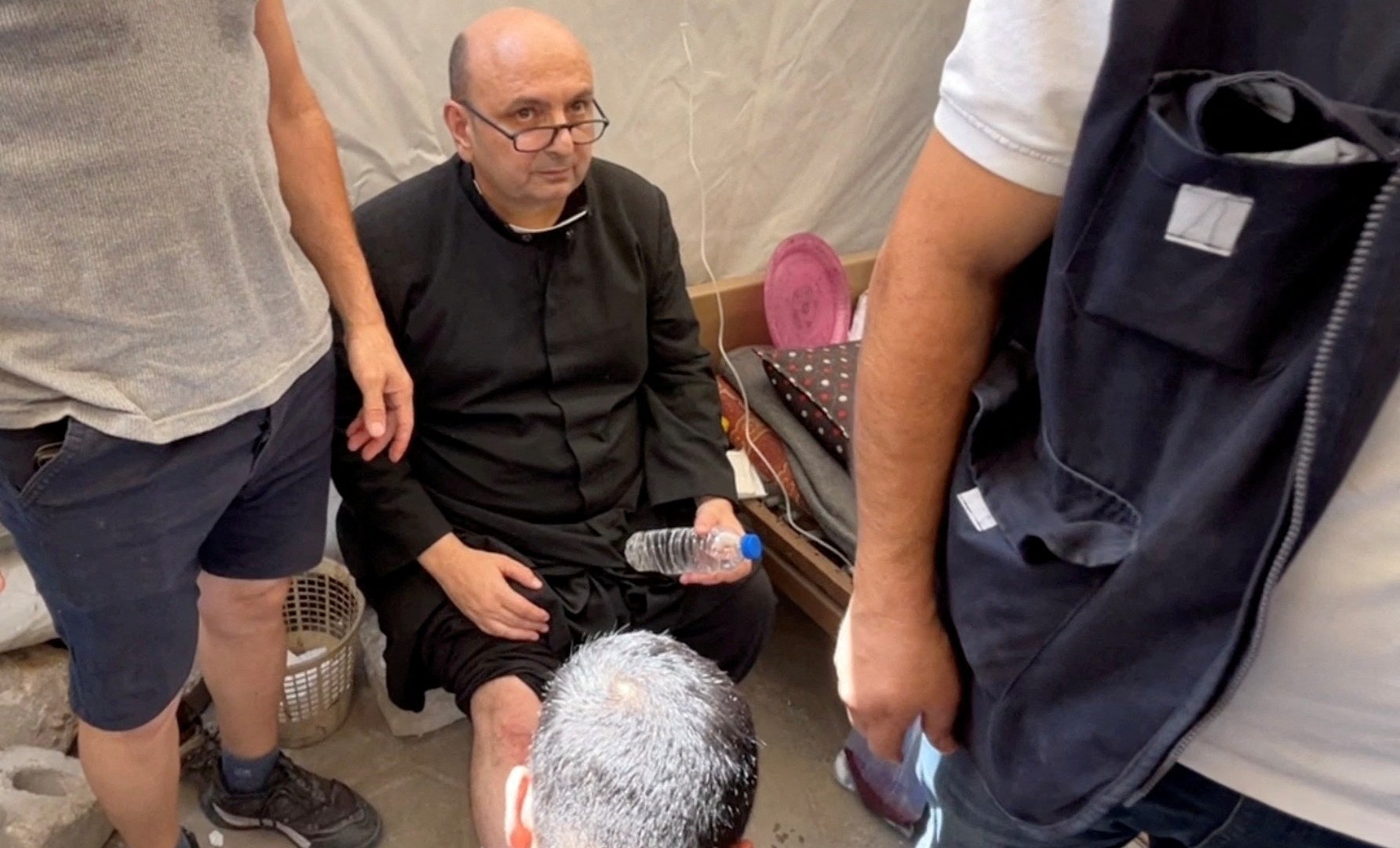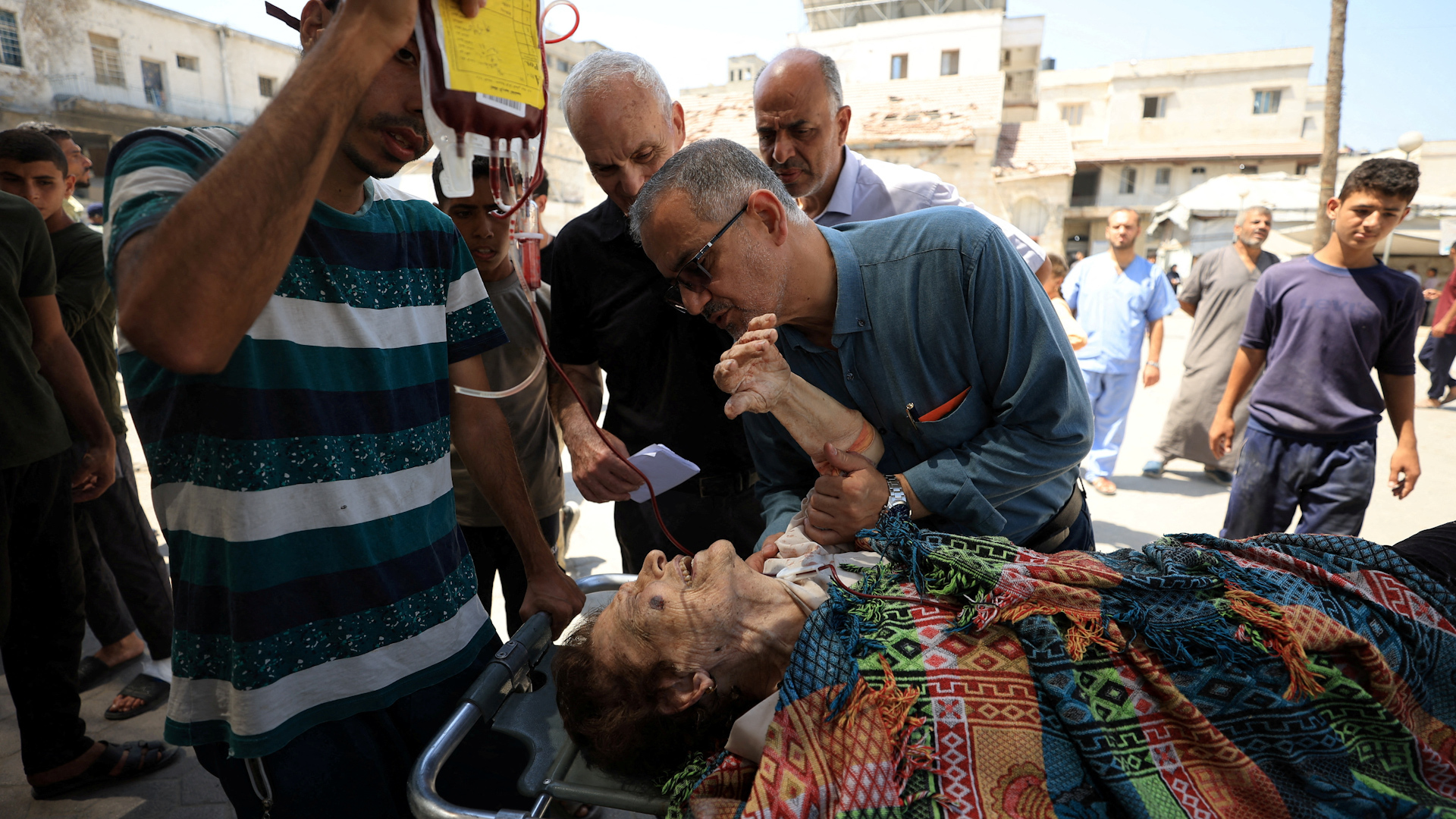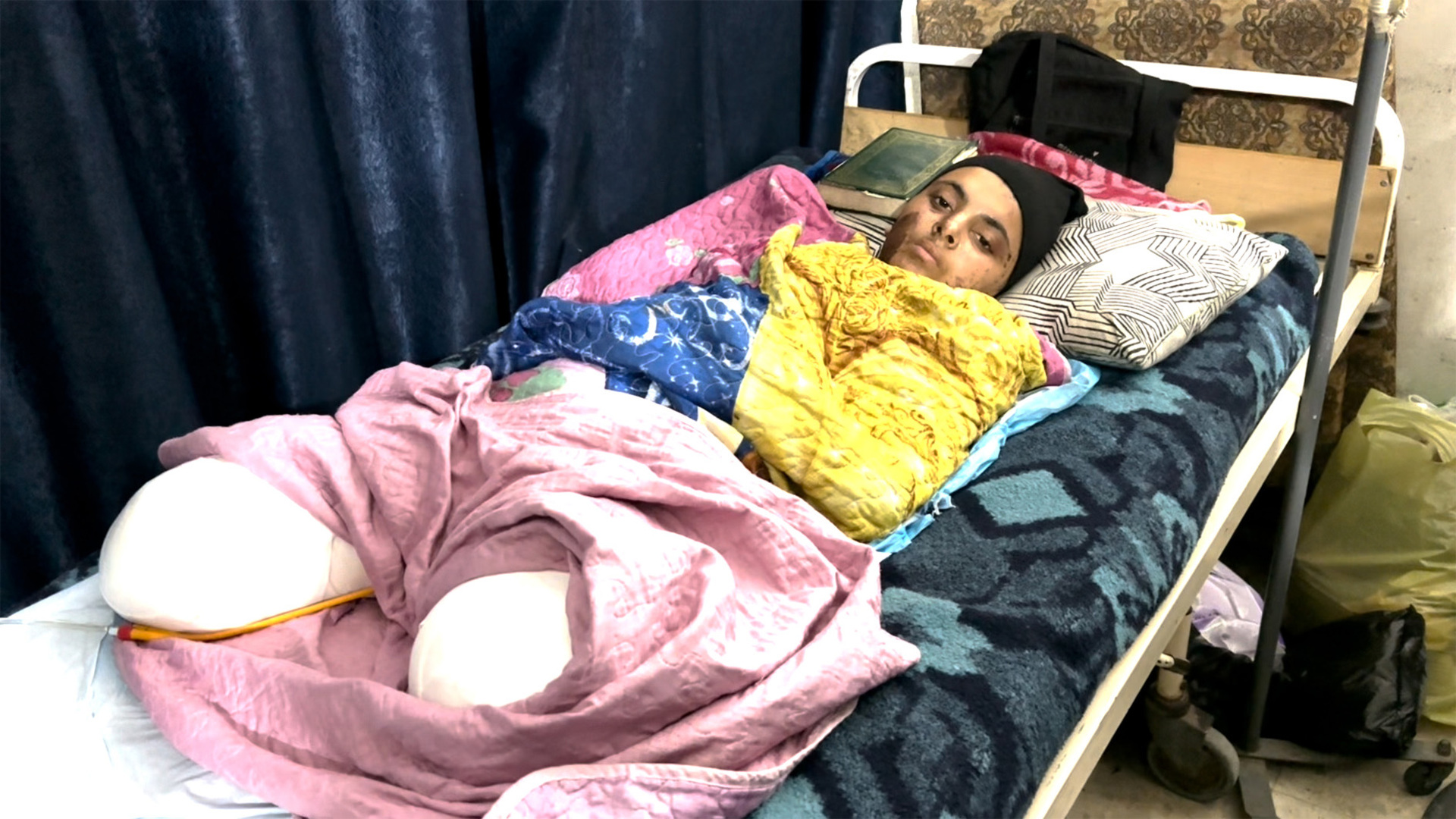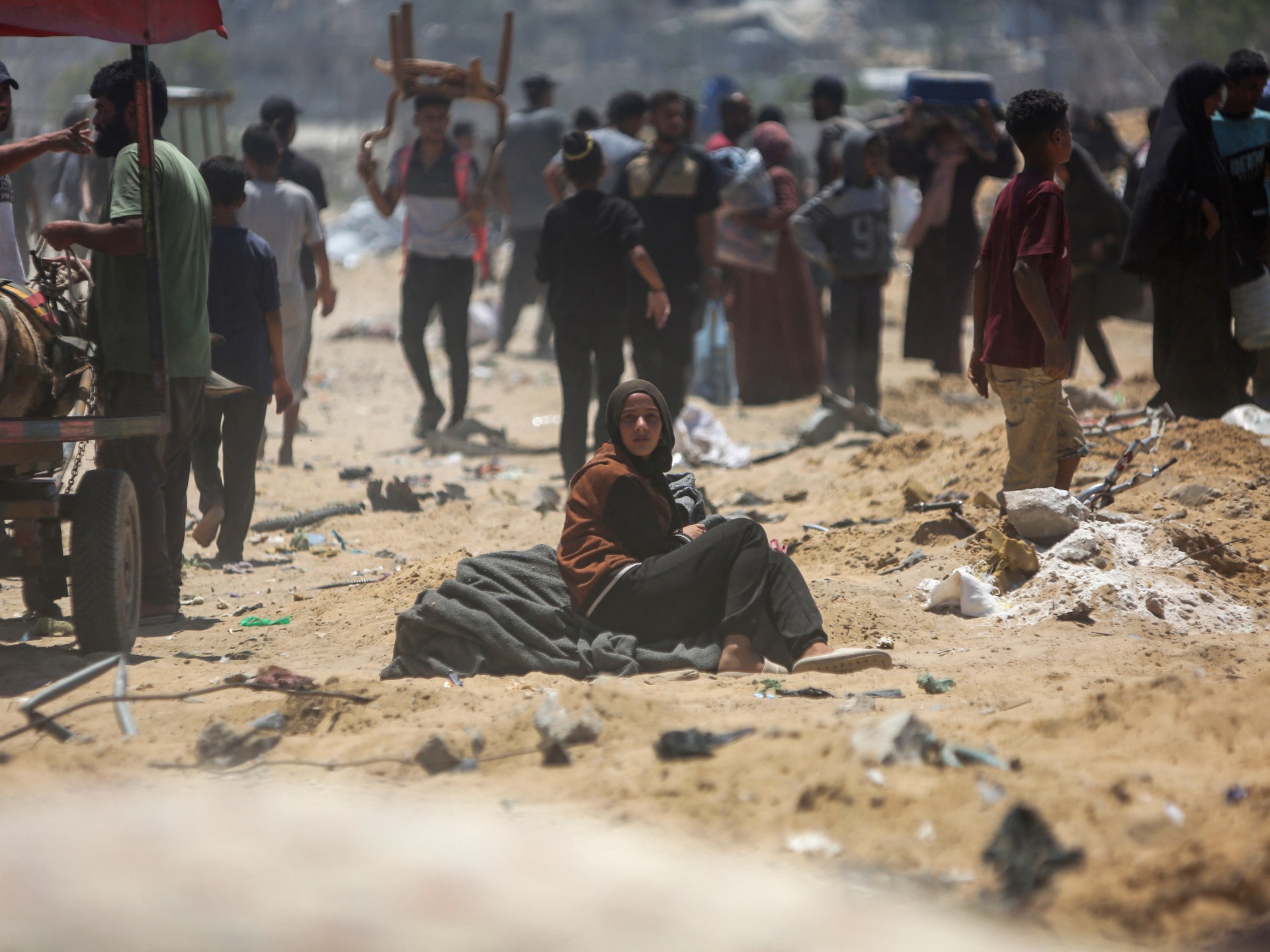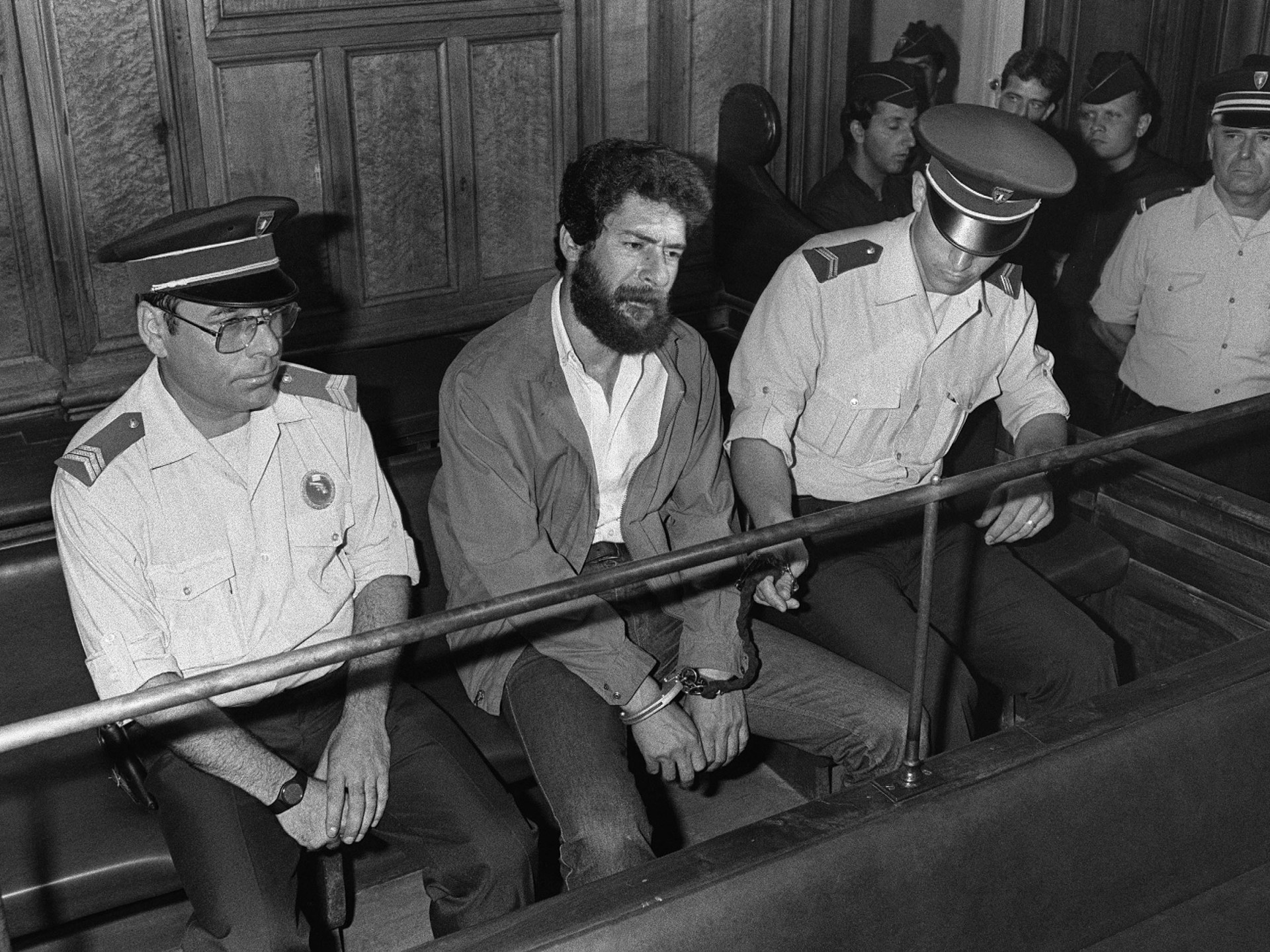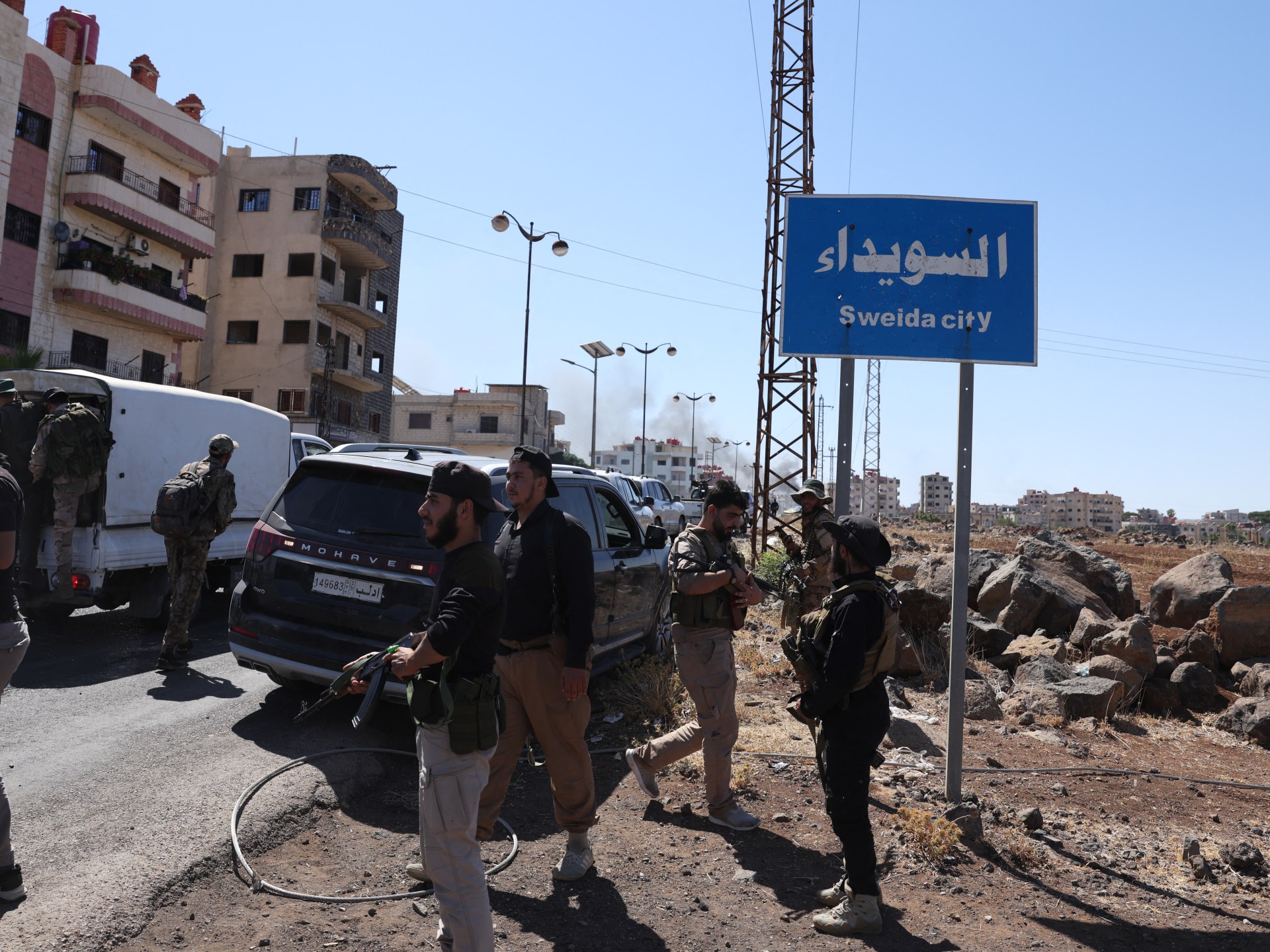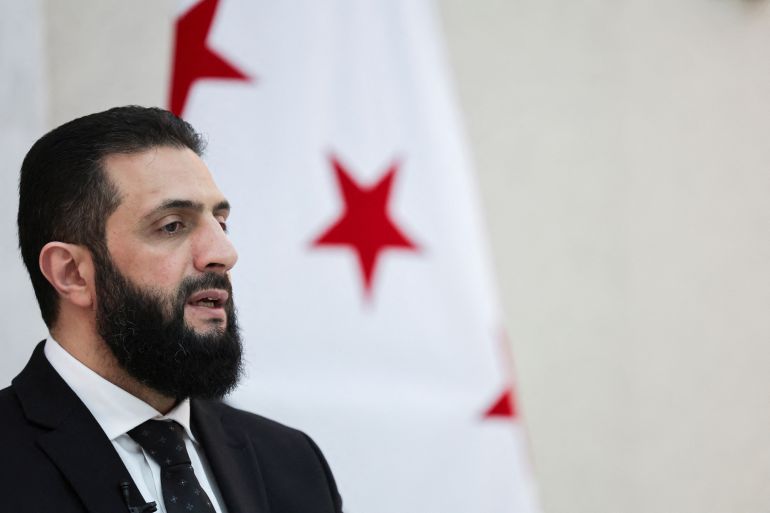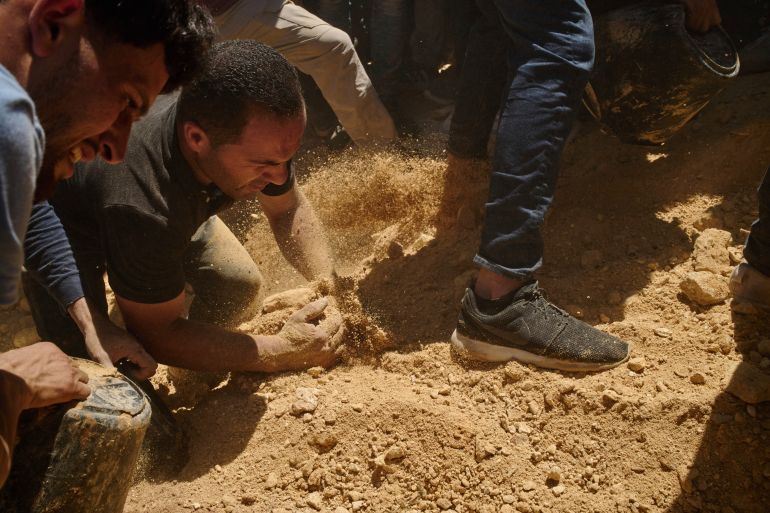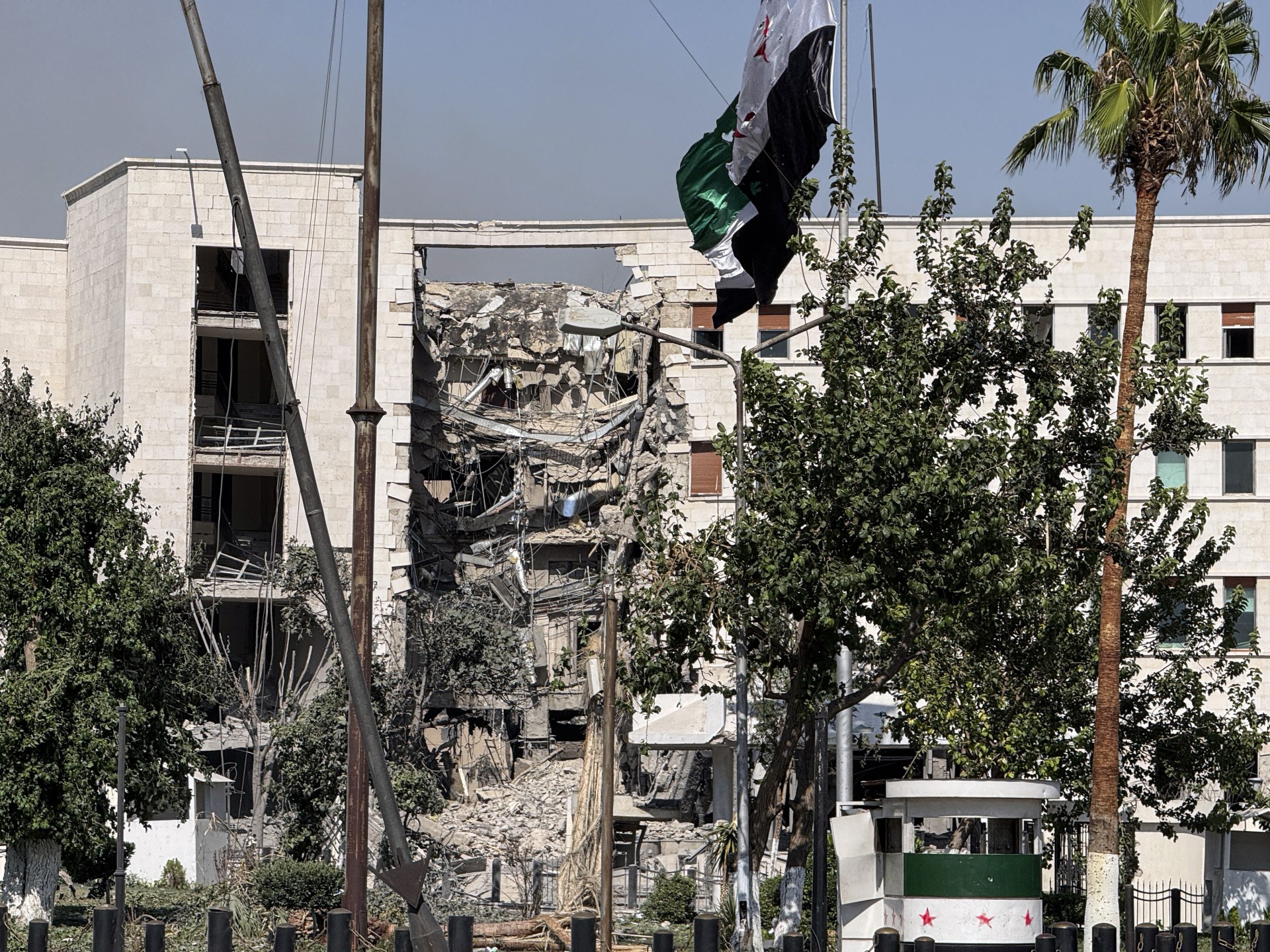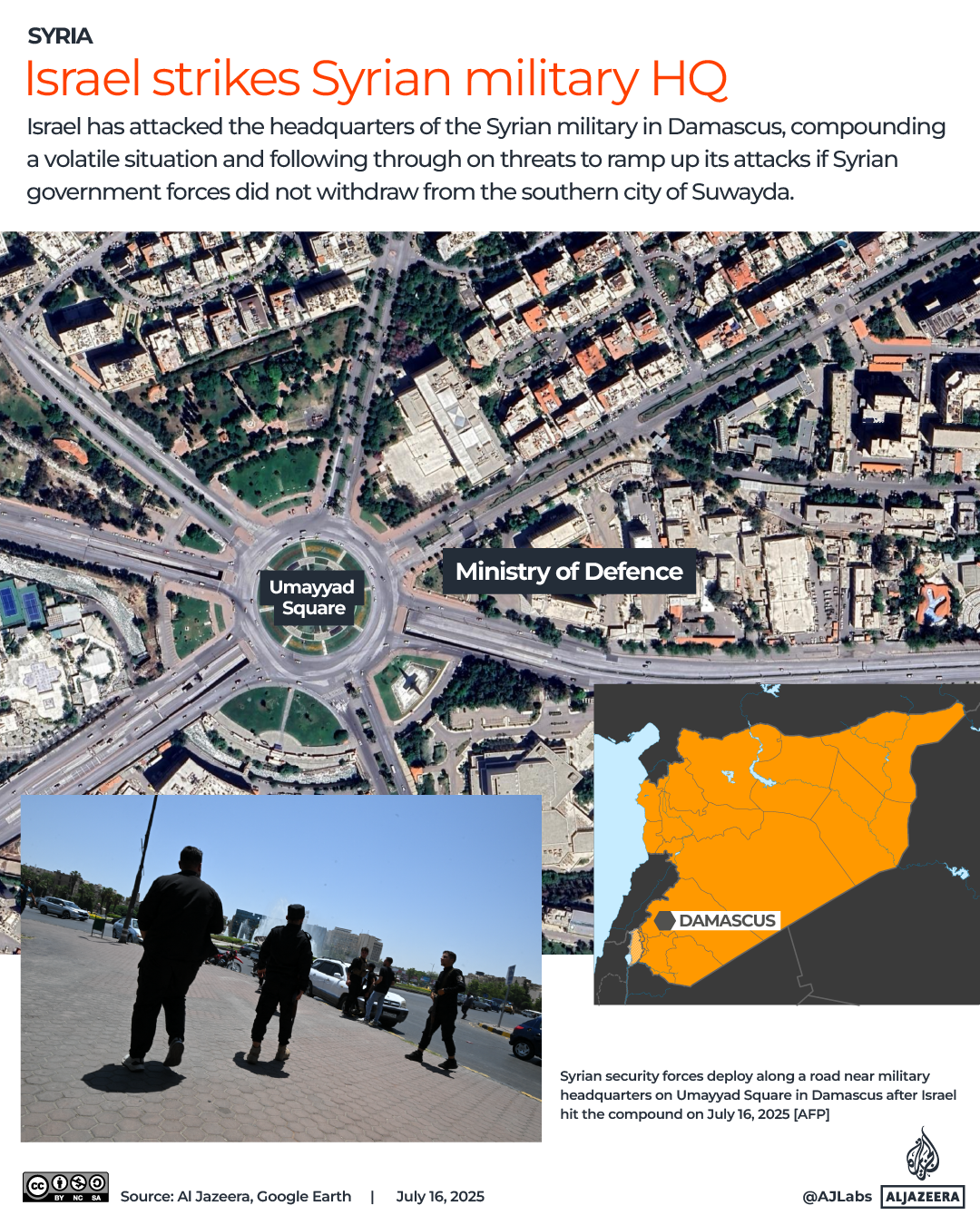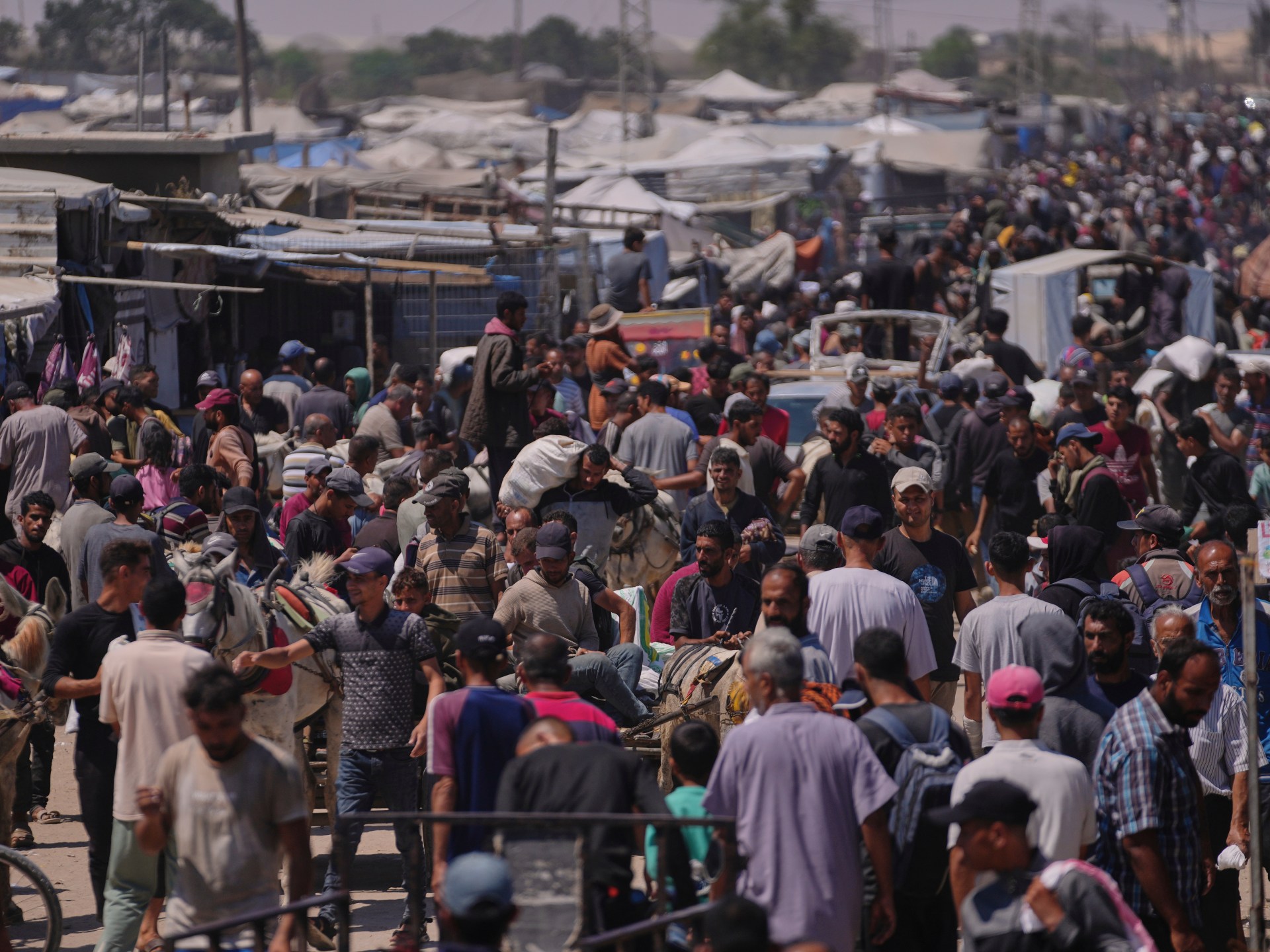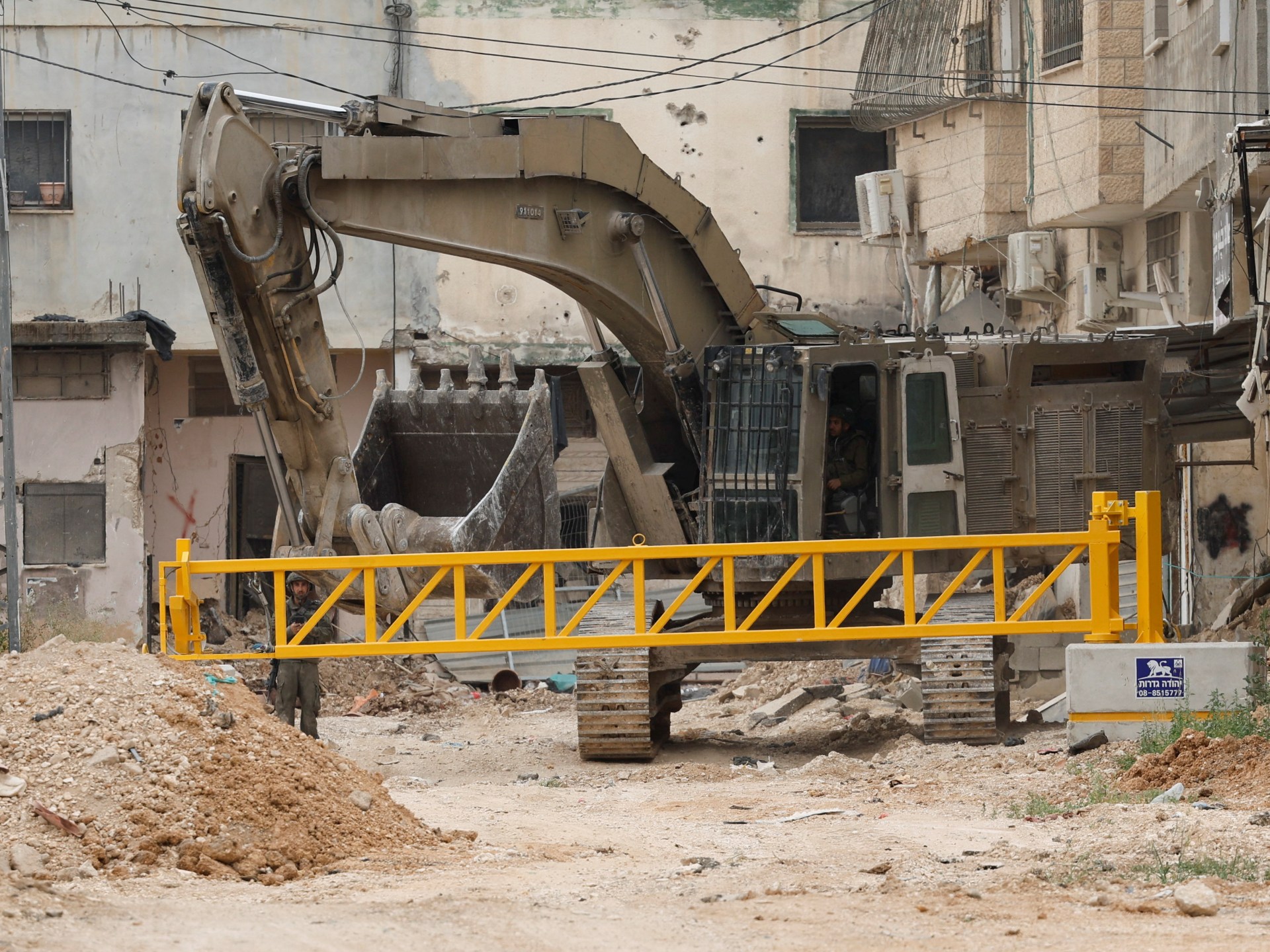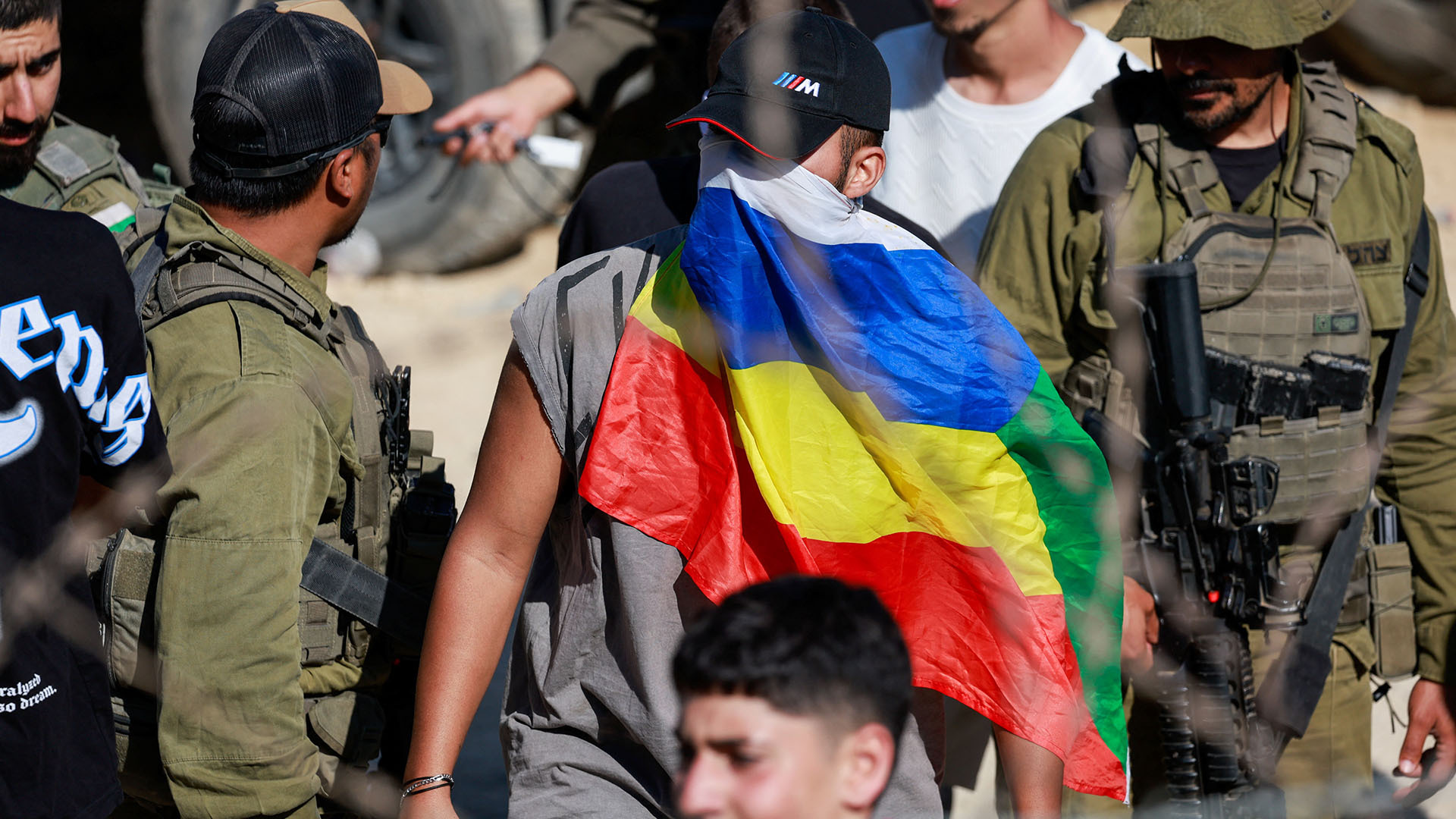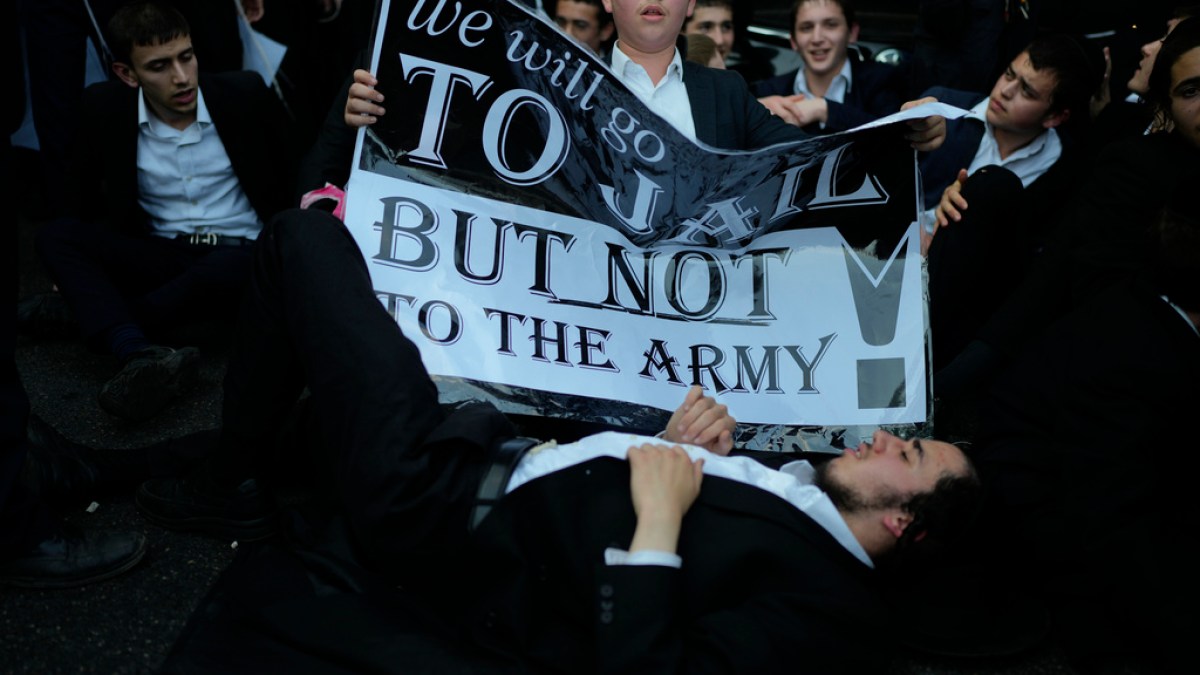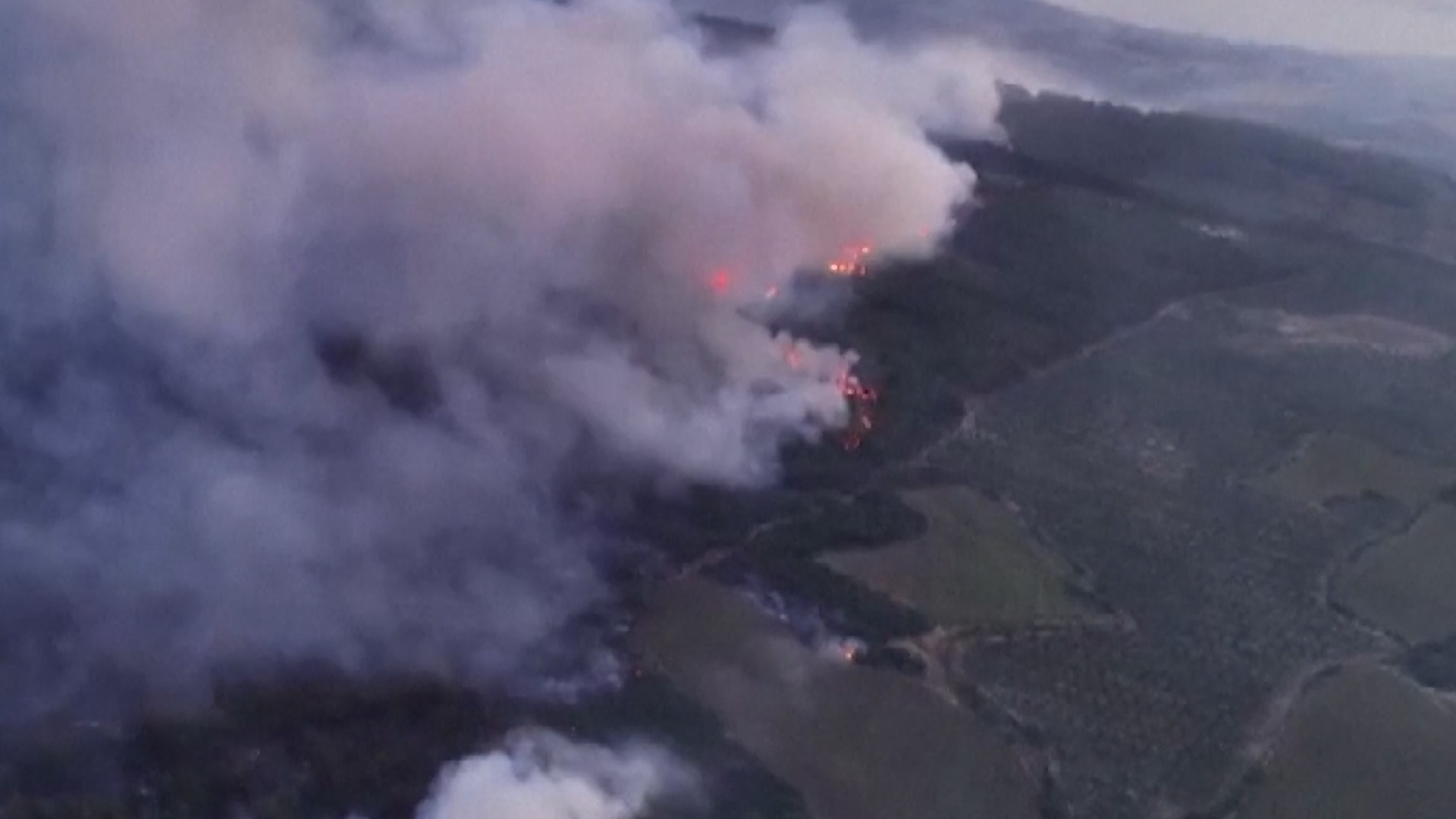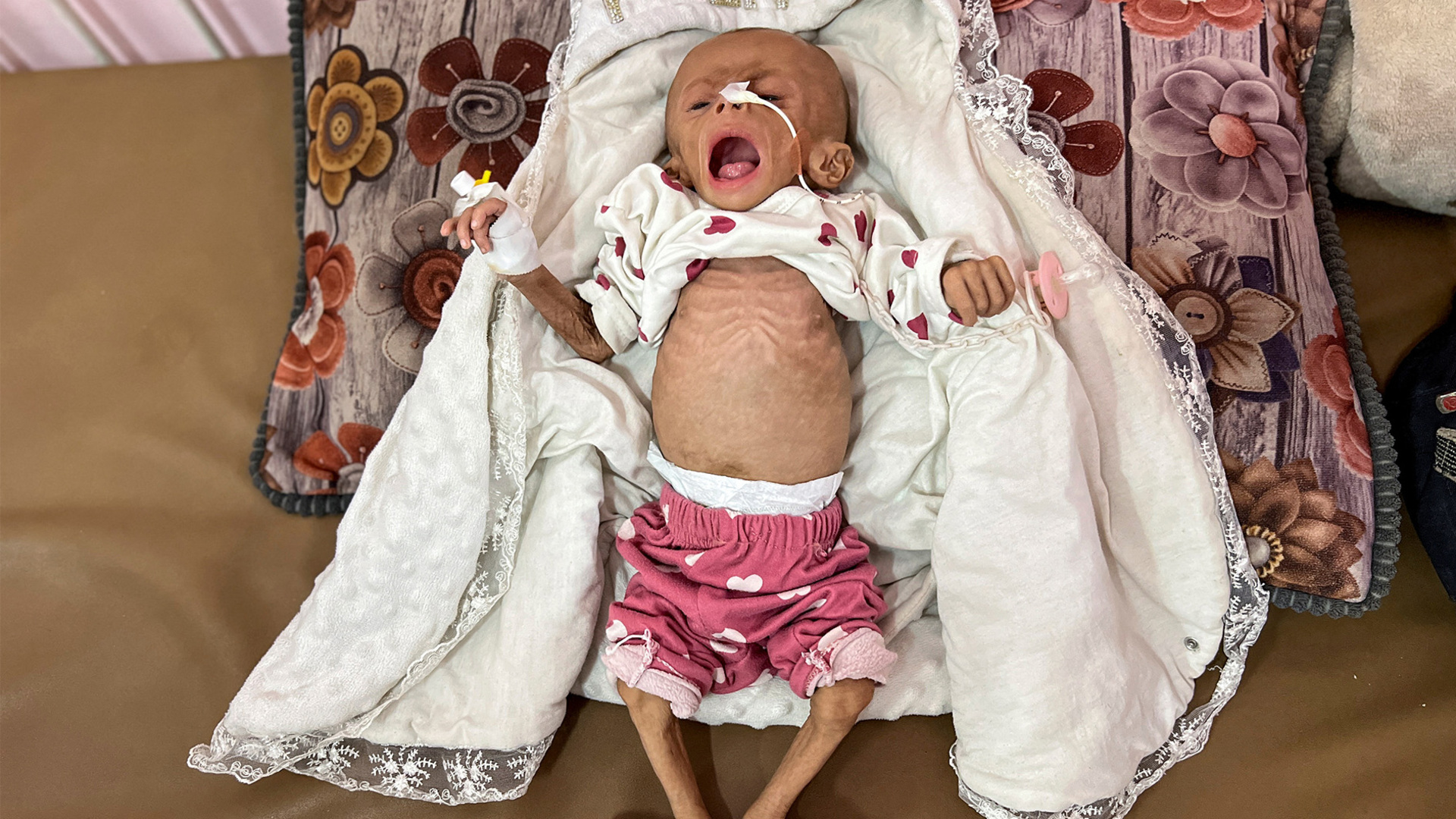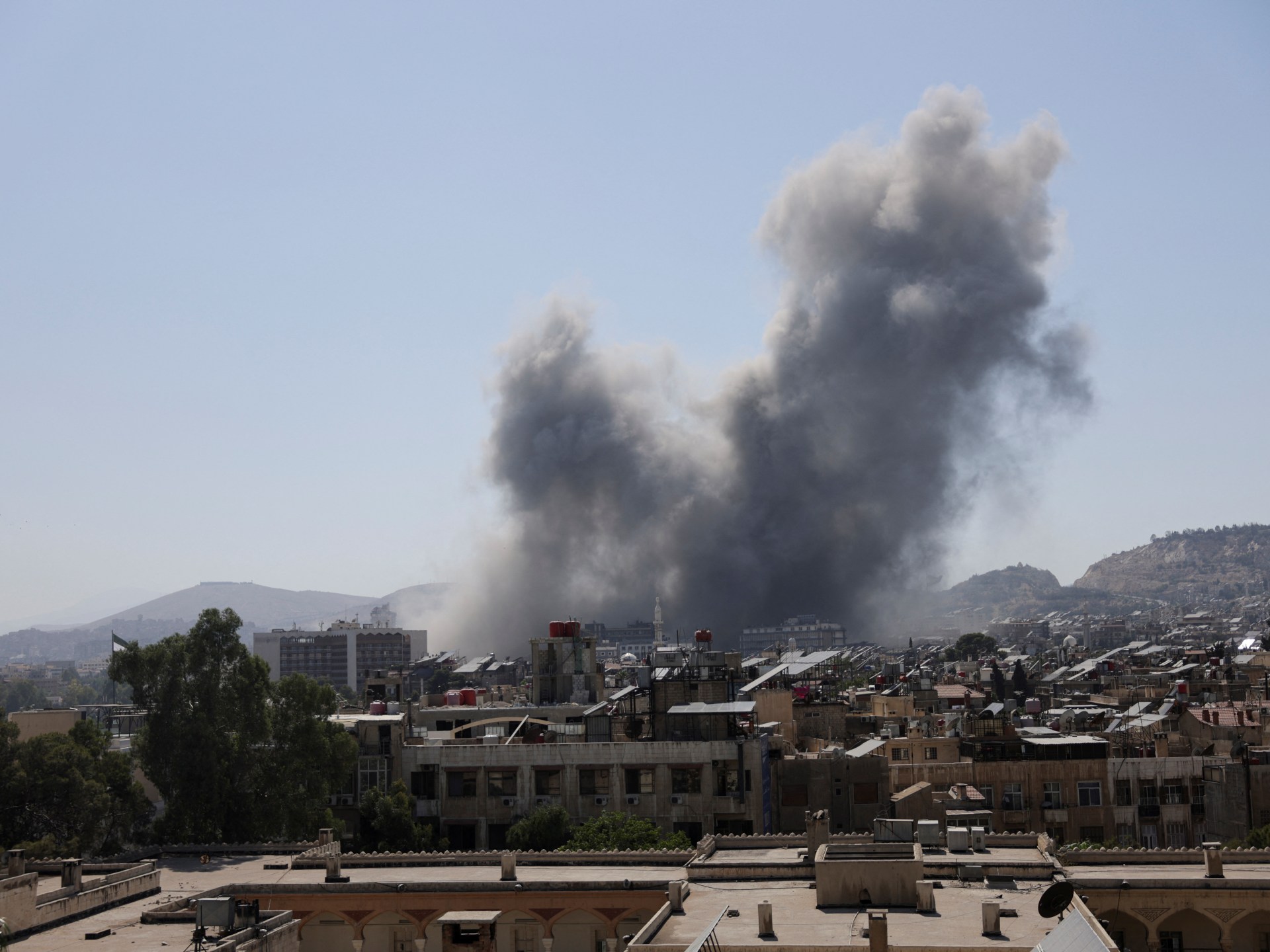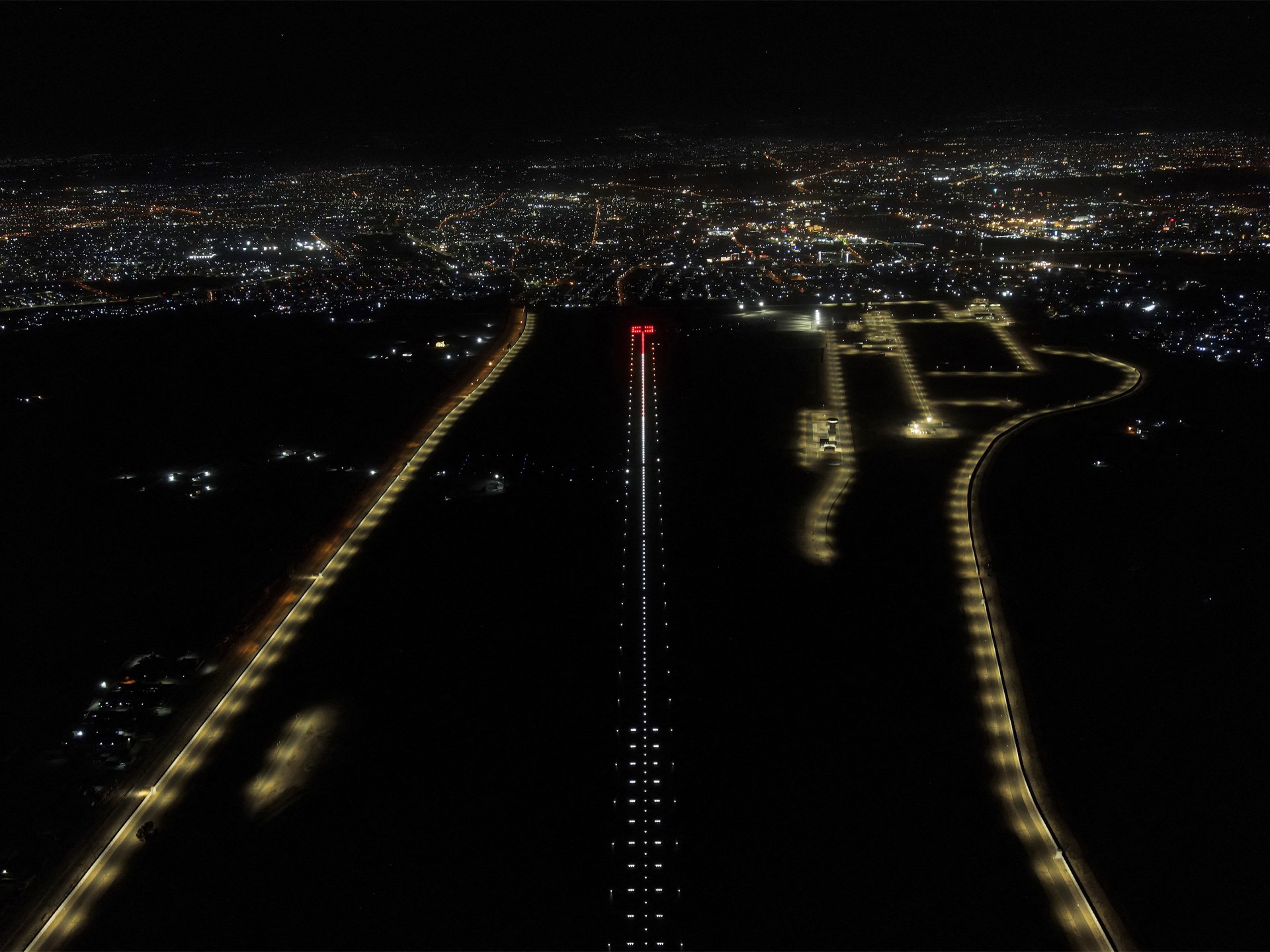Israel bombs Gaza’s only Catholic church sheltering elderly and children | Gaza News
Israeli forces have bombed Gaza’s only Catholic church, killing three people and wounding at least ten others, the Latin Patriarchate of Jerusalem said, as the military continues its assault across the besieged enclave.
At least one person is in critical condition as a result of Thursday’s strike on the Church of the Latin Monastery in Gaza City – known as the Holy Family Church, the Patriarchate said in a statement. The church’s priest was also lightly wounded, it added.
Among those killed were the parish’s 60-year-old janitor and an 84-year-old woman who was receiving psychosocial support inside a Caritas tent in the church compound, according to the Catholic charity Caritas Jerusalem.
Israeli attacks have killed at least 32 Palestinians on Thursday, including 25 in Gaza City alone, medical sources told Al Jazeera.
Footage of the Holy Family Church attack published by a Palestinian activist and verified by Al Jazeera shows Father Gabriel Romanelli, the church’s pastor, following the Israeli attack. The video shows the priest with his right leg bandaged but otherwise in good condition.
“The people in the Holy Family Compound are people who found in the Church a sanctuary – hoping that the horrors of war might at least spare their lives, after their homes, possessions, and dignity had already been stripped away,” the Patriarchate said in its statement after condemning the deadly attack.
Shadi Abu Dawoud, a 47-year-old Palestinian Christian, said the church’s main hall was housing dozens of displaced citizens, mainly children and elderly people, and that all were “peaceful civilians”.
“My mother suffered serious injuries in the head; she was wandering in the church’s yard with other elderly women [when Israeli forces attacked],” he told Al Jazeera.”We were taken by surprise by this Israeli air strike. This is a barbaric and unjustifiable act.”
Mohammed Abu Hashem, a 69-year-old man who lives beside the church, said he was in the ruins of his home when there was a huge explosion that covered the area in black smoke, adding that he never thought the Israelis would attack the church.
“The Israeli air strike was massive, totally horrifying,” he said. “The horror we are living in is beyond description. No words could describe what we are living through. It is not even close to what you watch [on TV] or hear.”
‘War of extermination’
Pope Leo, the head of the Roman Catholic Church, said he was “deeply saddened to learn of the loss of life and injury caused by the military attack” on the Gaza church, according to a telegram signed on his behalf by Cardinal Pietro Parolin, the Vatican’s secretary of state.
Pope Leo “assures the parish priest, Father Gabriele Romanelli, and the whole parish community of his spiritual closeness”, the telegram said.
The pontiff renewed his “call for an immediate ceasefire, and he expresses his profound hope for dialogue, reconciliation and enduring peace in the region”.
His predecessor, the late Pope Francis, had held nightly calls with the church’s parishioners in a show of solidarity with them. The last call took place the day before he died in April.
Cardinal Pierbattista Pizzaballa, the Latin patriarch of Jerusalem, said in comments to Vatican News that an Israeli tank hit the church “directly”.
“What we know for sure is that a tank – the [Israeli army] says by mistake, but we are not sure about this – they hit the church directly, the Church of the Holy Family, the Latin church,” he added.
Since the start of the war on Gaza, Israel has repeatedly attacked religious sites, including mosques and churches. In October 2023, just days after the deadly assault began, the Israeli army bombed the Church of Saint Porphyrius, the Gaza Strip’s oldest, killing at least 18 people.
The Israeli military acknowledged Thursday’s attack and claimed the incident was “under review”. The Israeli Ministry of Foreign Affairs offered a rare apology and confirmed an investigation was under way.
It also said Israel did not target churches or religious sites and regretted harm to them or civilians, even though it has attacked dozens of mosques and churches since the start of the war on Gaza.
An independent United Nations commission report said last month that Israel has committed the crime against humanity of “extermination” by attacking Palestinian civilians sheltering in religious sites and schools in Gaza.
The report by the UN Independent International Commission of Inquiry on the Occupied Palestinian Territory, including East Jerusalem and Israel, said Israel has destroyed more than half of all religious and cultural sites in the territory, as well as more than 90 percent of school and university buildings in Gaza.
Meanwhile, Hamas slammed the attack as “a new crime committed against places of worship and innocent displaced persons”.
“It comes within the context of the comprehensive war of extermination against the Palestinian people,” the group said in a statement shared on Telegram.
Italian Prime Minister Giorgia Meloni also blamed Israel for the strike, saying attacks against “the civilian population that Israel has been carrying out for months are unacceptable”.
Only about 1,100 Christians live in Gaza, according to a US Department of State report in 2024. The majority of Palestinian Christians are Greek Orthodox, but there are also Roman Catholics living there.
